For decades, the French paradox has fascinated health enthusiasts and researchers alike. The idea that moderate red wine consumption could explain the French population’s relatively low rates of heart disease despite a diet rich in saturated fats became a widely accepted notion. However, recent studies are challenging this long-held belief, suggesting that the supposed benefits of red wine may have been overstated—and that the risks could far outweigh any advantages.
The French paradox first gained traction in the 1990s, when researchers observed that the French had lower rates of cardiovascular disease than other Western nations, despite indulging in cheese, butter, and other high-fat foods. Red wine, a staple of the French diet, was quickly singled out as the likely protective factor. The antioxidants in wine, particularly resveratrol, were thought to promote heart health by reducing inflammation and improving cholesterol levels. This led to a global embrace of the idea that a daily glass of red wine could be a key to longevity.
But the latest research paints a different picture. A comprehensive study published in The Lancet analyzed data from over 500,000 individuals and found that even moderate alcohol consumption—including red wine—was associated with an increased risk of several cancers, liver disease, and neurological disorders. The study’s authors concluded that no amount of alcohol can be considered truly safe, contradicting earlier claims that moderate drinking might have protective effects.
One of the most striking findings was the link between alcohol and cancer. Ethanol, the active ingredient in all alcoholic beverages, breaks down into acetaldehyde, a known carcinogen. While red wine does contain antioxidants, their concentration is too low to counteract the harmful effects of alcohol. “The idea that red wine is somehow a health drink is a dangerous myth,” says Dr. Sarah Matthews, an oncologist who contributed to the research. “Even small amounts increase cancer risk, and the more you drink, the higher that risk becomes.”
Another issue is the way earlier studies may have been misinterpreted. Many of the initial observations about red wine’s benefits were based on population studies that didn’t account for other lifestyle factors. The French, for instance, tend to have smaller portion sizes, walk more, and consume more fresh produce than Americans—factors that could contribute to better health outcomes independently of wine consumption. “Correlation does not equal causation,” notes epidemiologist Dr. Laurent Dubois. “Just because wine drinkers in France had lower heart disease rates doesn’t mean the wine was the reason.”
Public health experts are now urging a reevaluation of alcohol guidelines. Many countries, including France, have long promoted the idea that moderate drinking is harmless or even beneficial. But as evidence mounts, some governments are reconsidering their messaging. The UK recently lowered its recommended alcohol limits, and health organizations worldwide are emphasizing that the safest level of consumption is none at all.
For those who still want the antioxidants found in red wine without the risks, nutritionists suggest alternatives like grapes, berries, and dark chocolate—all of which contain resveratrol and other beneficial compounds without the harmful effects of alcohol. “If you’re drinking wine for health reasons, you’re better off eating the grapes instead,” advises dietitian Claire Moreau.
The romanticized image of the French leisurely sipping wine while remaining effortlessly healthy may need to be retired. While cultural and lifestyle factors undoubtedly play a role in France’s health statistics, the notion that red wine is a magical elixir appears to be more myth than science. As research continues to evolve, the message is becoming clearer: when it comes to alcohol, less is more—and none might be best.
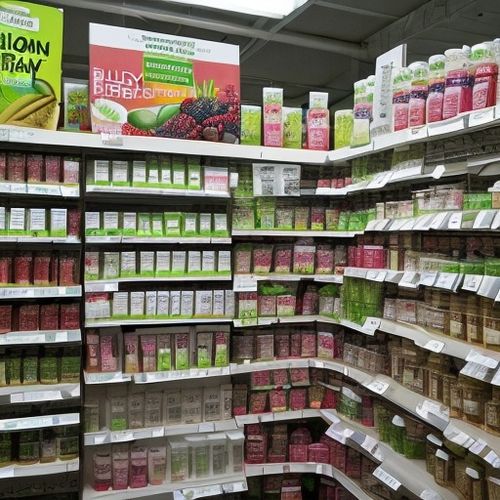
By Elizabeth Taylor/Apr 10, 2025
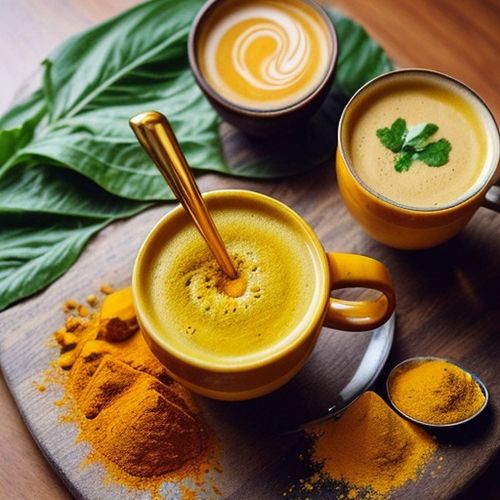
By Laura Wilson/Apr 10, 2025
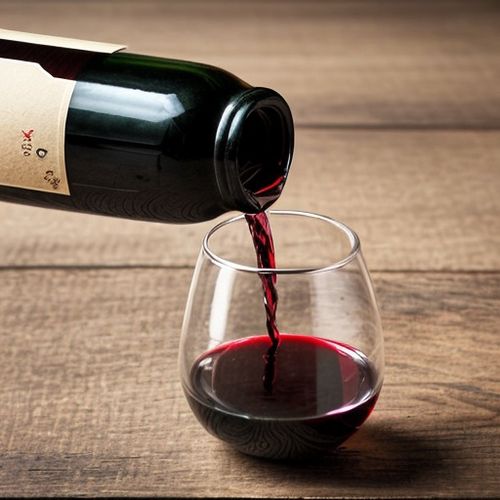
By Natalie Campbell/Apr 10, 2025
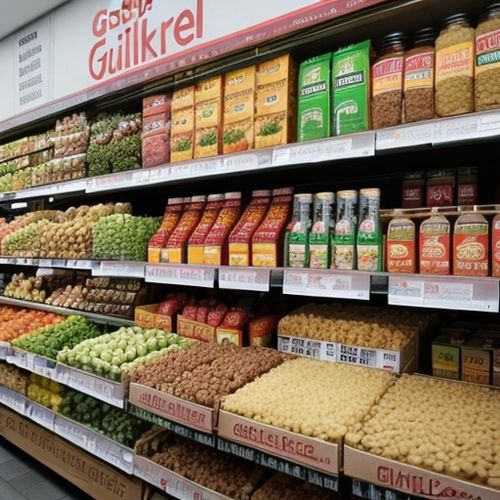
By Daniel Scott/Apr 10, 2025
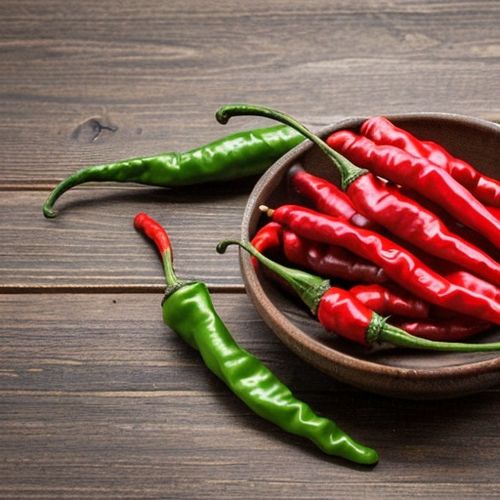
By Sarah Davis/Apr 10, 2025
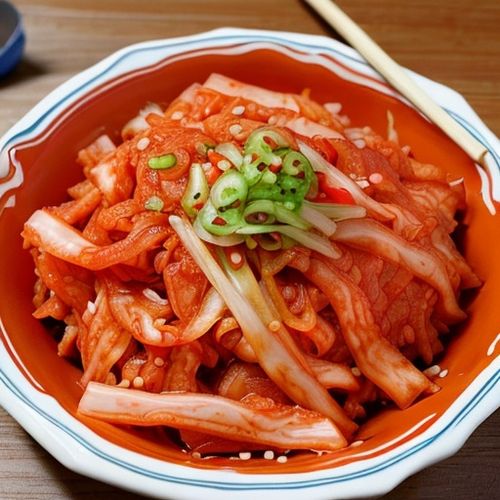
By Michael Brown/Apr 10, 2025
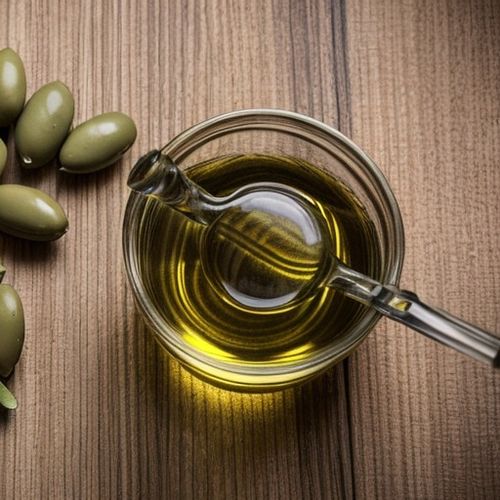
By George Bailey/Apr 10, 2025
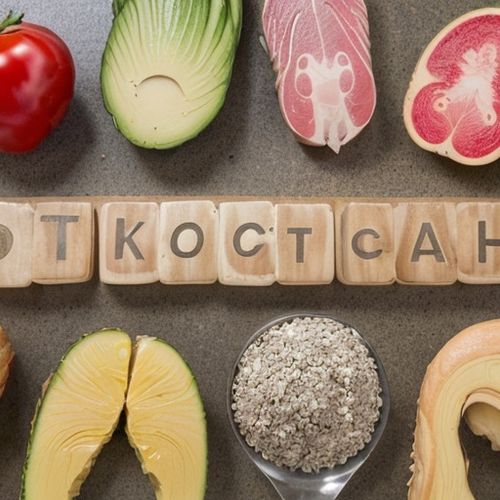
By Thomas Roberts/Apr 10, 2025
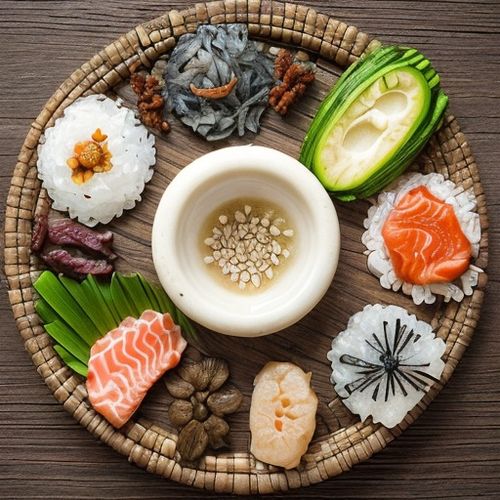
By Sarah Davis/Apr 10, 2025
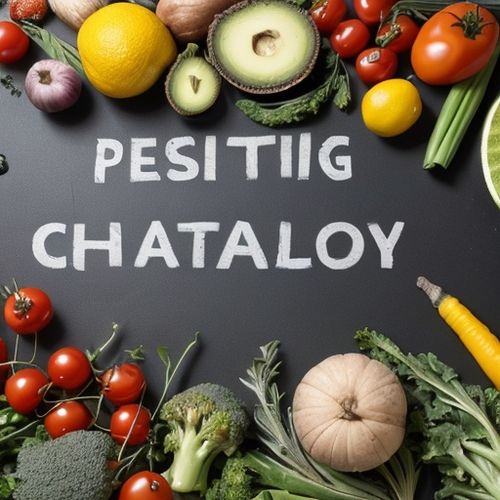
By William Miller/Apr 10, 2025
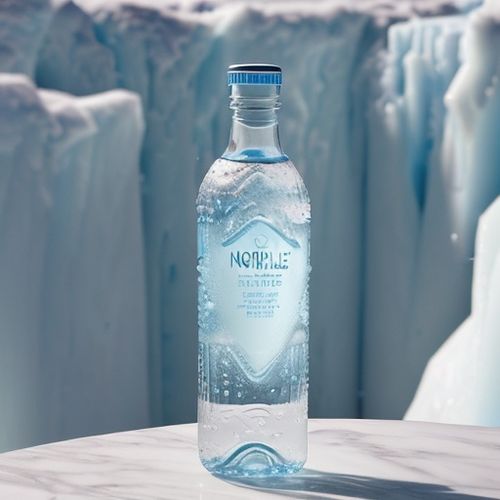
By Natalie Campbell/Apr 10, 2025
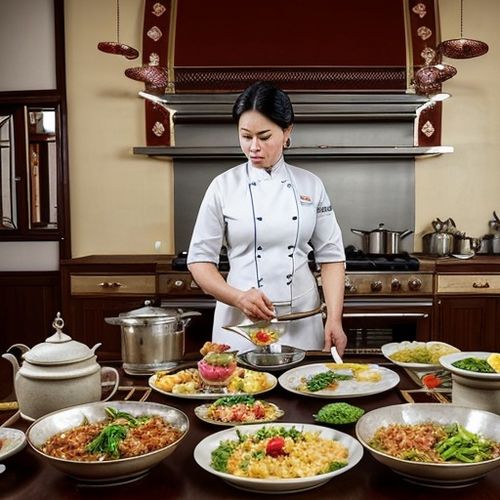
By Ryan Martin/Apr 10, 2025
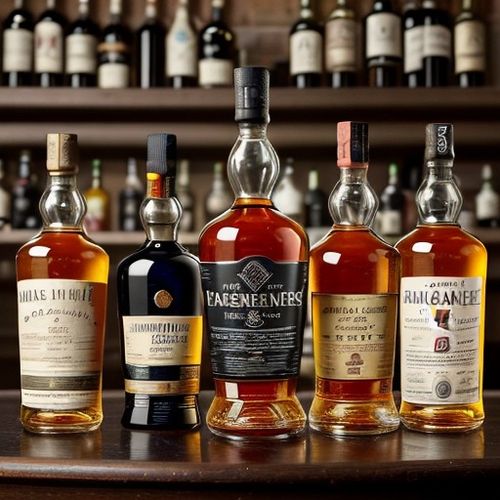
By Benjamin Evans/Apr 10, 2025
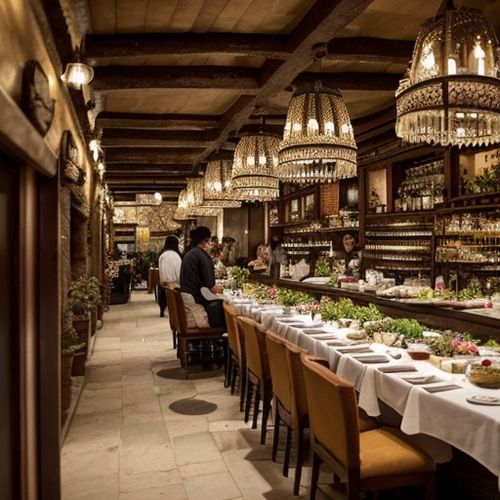
By John Smith/Apr 10, 2025

By Grace Cox/Apr 10, 2025
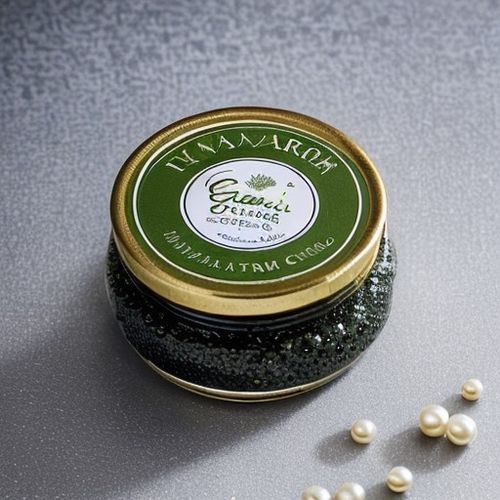
By Victoria Gonzalez/Apr 10, 2025
By Natalie Campbell/Apr 10, 2025